The signatories to this statement gather for the Australasian HIV & AIDS and Sexual Health Conferences 2019 in Perth – traditional lands of the Noongar Whadjuk peoples, and the 41st New Zealand Sexual Health Conference 2019 in Wellington – traditional lands of the peoples of Ngāti Toa and Taranaki Whānui ki te Upoko o te Ika a Maui.
Australasian signatories – peoples of Australia, Aotearoa New Zealand, the South Pacific, and Oceania including Micronesia, Melanesia and Polynesia – come together to share, collaborate and discuss the successes and challenges that lay ahead for the Australasian region in addressing STIs, viral hepatitis and HIV. A strong theme of these conferences are the persistent inequities in sexual health outcomes for the Indigenous Peoples of the Australasian nations.
Despite recent investments in this area to address syphilis, much work remains to be done by all to address endemic rates of STIs in regional and remote Australia (chlamydia, gonorrhoea and trichomonas) and BBVs nationally (HIV and viral hepatitis). This is unacceptable, because high rates of STIs particularly impact young women and their reproductive health (PID, premature birth, stillbirth and infertility) and the occurrence of BBVs should be decreasing at rates similar to the non-Indigenous population. We confirm that these inequities are in contravention of the United Nations Declaration of the Rights of Indigenous Peoples which all Australasian countries have endorsed.
Specifically, we commit to and call upon national and jurisdictional governments to appropriately fund and work with Indigenous communities, their community-based organisations and leaders to:
- Action the right of Indigenous peoples to co-design culturally responsive policies and strategies that match their sexual health priorities, knowledges and practices;
- Support Indigenous communities to provide health promotion and harm reduction services, particularly to young Indigenous peoples;
- Provide high quality testing and care, in primary health care programs for Indigenous peoples;
- Sustain a culturally responsive and expert STI, HIV and blood-borne virus (BBV) health workforce in Indigenous communities;
- Build our knowledge to improve sexual health outcomes and reduce inequities.


